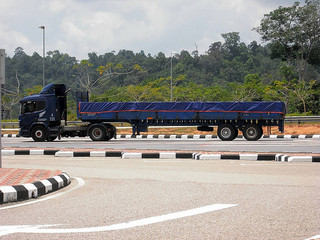Retailers Respond to Safety Issues in Bangledesh, Ignore Problems in Other Sourcing Nations

Reeling from the backlash following several factory tragedies in developing nations, many retailers have passed immediate and sweeping regulations to help improve the conditions in which employees of suppliers are forced to work in. However, obvious gaps in their proposals leave many wondering if these changes will be nearly enough to prevent more large-scale disasters.
Walmart and several European retailers were in the process of considering stricter policies on their suppliers, but factory tragedies claiming the lives of 112 workers in Pakistan and as many as 1,200 workers in Bangladesh caused the companies to move toward immediate rules changes. Walmart hired a third-party auditing firm to inspect its 279 factories in Bangladesh, and plan to publish the full report findings by July 1, 2013. Walmart has done away with its “three strikes” policy, and can now terminate a supplier for a single safety infraction.
Furthermore, the retail giant will force supply factories to fix structural and safety issues or face termination. Walmart isn’t paying for these repairs, but has vowed to absorb price increases the suppliers need to impose to cover the repairs. A group of European retailers has gone a step beyond this, creating an “Accord on Fire and Building Safety in Bangladesh,” which provides financial assistance to suppliers to help bring their buildings up to code.
H&M (Zara’s parent company), C&A, Carrefour, Marks & Spencer, Primark, PVH, and other European retailers entered the agreement, which prevents signers of the contract from hiring suppliers which can’t offer safe conditions for workers. Walmart also set up a hotline so workers can report unsafe working conditions or poor building conditions. Bangladesh has taken a few small steps toward worker safety, including raising the minimum wage and making it easier for workers to organize labor unions.
However, several issues still remain unaddressed by government regulations and new retailer policies. The steps taken fail to address the murky waters of Asian sub-contracting, and does nothing to improve conditions for workers in other nations, such as Cambodia, Vietnam, Pakistan, and countries in Africa.




